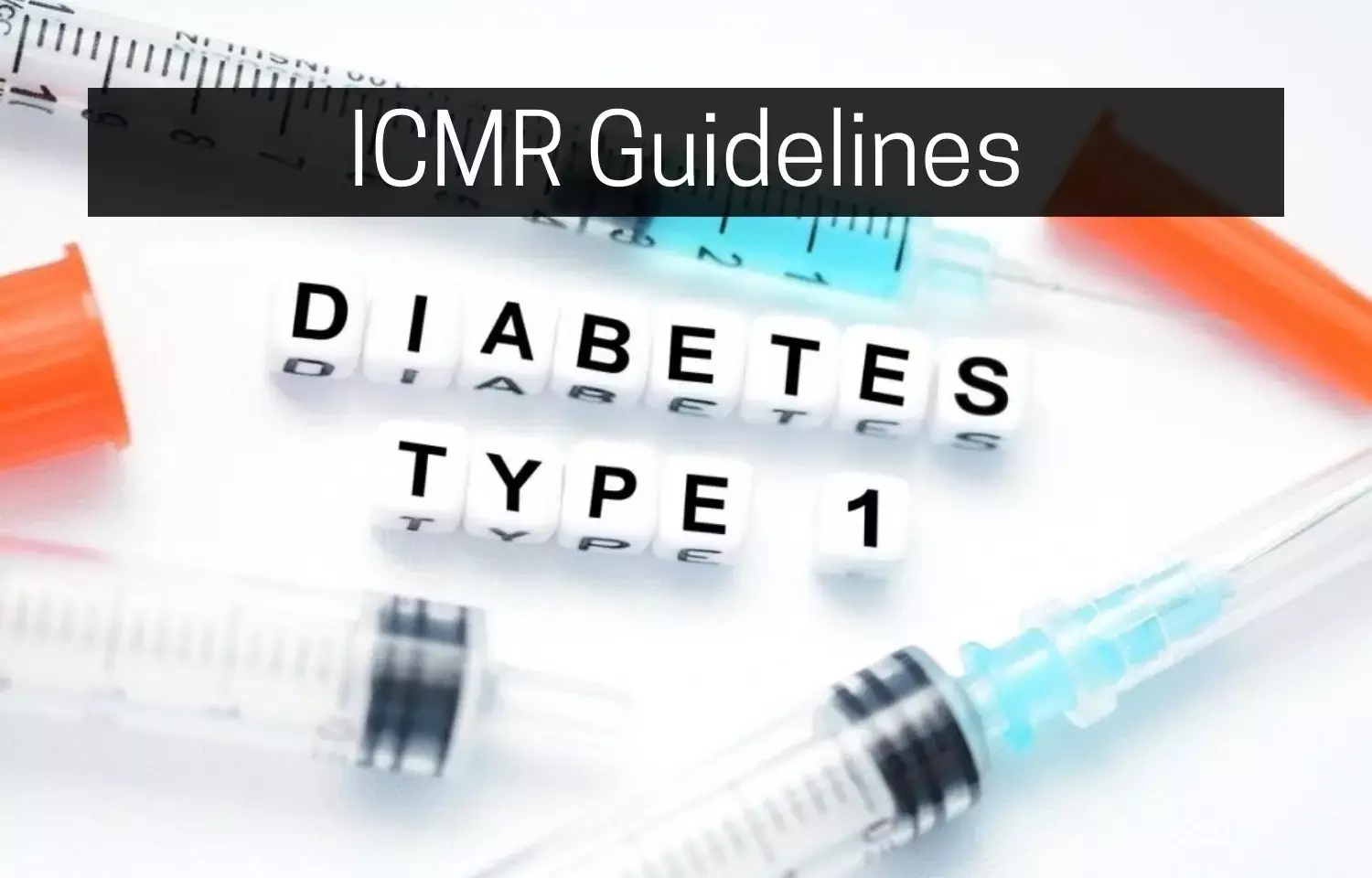- Home
- Medical news & Guidelines
- Anesthesiology
- Cardiology and CTVS
- Critical Care
- Dentistry
- Dermatology
- Diabetes and Endocrinology
- ENT
- Gastroenterology
- Medicine
- Nephrology
- Neurology
- Obstretics-Gynaecology
- Oncology
- Ophthalmology
- Orthopaedics
- Pediatrics-Neonatology
- Psychiatry
- Pulmonology
- Radiology
- Surgery
- Urology
- Laboratory Medicine
- Diet
- Nursing
- Paramedical
- Physiotherapy
- Health news
- Fact Check
- Bone Health Fact Check
- Brain Health Fact Check
- Cancer Related Fact Check
- Child Care Fact Check
- Dental and oral health fact check
- Diabetes and metabolic health fact check
- Diet and Nutrition Fact Check
- Eye and ENT Care Fact Check
- Fitness fact check
- Gut health fact check
- Heart health fact check
- Kidney health fact check
- Medical education fact check
- Men's health fact check
- Respiratory fact check
- Skin and hair care fact check
- Vaccine and Immunization fact check
- Women's health fact check
- AYUSH
- State News
- Andaman and Nicobar Islands
- Andhra Pradesh
- Arunachal Pradesh
- Assam
- Bihar
- Chandigarh
- Chattisgarh
- Dadra and Nagar Haveli
- Daman and Diu
- Delhi
- Goa
- Gujarat
- Haryana
- Himachal Pradesh
- Jammu & Kashmir
- Jharkhand
- Karnataka
- Kerala
- Ladakh
- Lakshadweep
- Madhya Pradesh
- Maharashtra
- Manipur
- Meghalaya
- Mizoram
- Nagaland
- Odisha
- Puducherry
- Punjab
- Rajasthan
- Sikkim
- Tamil Nadu
- Telangana
- Tripura
- Uttar Pradesh
- Uttrakhand
- West Bengal
- Medical Education
- Industry
Management of Type 1 Diabetes: ICMR releases guidelines

More than one million children and adolescents in the world have type 1 diabetes, and recent estimates from the International Diabetes Federation suggest that India has the highest number of cases of type 1 diabetes in the world.
New Delhi: The apex research body, the Indian Council of Medical Research (ICMR) has issued guidelines for the management of type 1 diabetes in India.
This is the first time that the research body has released guidelines for type 1 diabetes. Earlier, guidelines were released for type 2 diabetes.
Also Read:ICMR releases guidelines for drone use in healthcare
Balram Bhargava, Department of Health Research Secretary and ICMR Director General, released the guidelines for the management of type 1 diabetes.
The ICMR guidelines come at a time when the SARS-CoV-2 pandemic has disproportionately affected people suffering from diabetes, exposing them to a high risk for severe illness and mortality.
India is home to the world's second largest adult diabetes population and every sixth person with diabetes in the world is an Indian.
More than one million children and adolescents in the world have type 1 diabetes, and recent estimates from the International Diabetes Federation suggest that India has the highest number of cases of type 1 diabetes in the world, said ICMR in the guidelines.
As per the ICMR report, the past three decades witnessed a 150 per cent increase in the number of people with diabetes in the country.
The growing prevalence of pre-diabetes indicates a further increase in diabetes in the near future.
Diabetes in India has traversed from high to the middle income and underprivileged sections of society, said ICMR in the guidelines.
Globally, diabetes was responsible for more than four million deaths in 2019.
It was the leading cause of end-stage kidney disease, adult-onset blindness and cardiovascular diseases.
There was considerable heterogeneity in the prevalence of complications and deaths associated with diabetes across countries.
The ICMR in the guidelines has underlined that progressive lowering of the age at which type 2 diabetes is presenting, with an inflection in disease prevalence becoming apparent in the age group of 25-34 years in both urban and rural areas is a matter of immense concern.
The ICMR type 1 diabetes guidelines is a comprehensive document providing advice on care of diabetes in children, adolescents and adults.
While speaking to ANI, Dr Nikhil Tandon, Head of the department of endocrinology, AIIMS Delhi explained the major highlights of the guidelines about the Type 1 Diabetes affecting children and adolescents, management of the disease and complications.
He said, "Type-1 diabetes, predominantly manifests early in life – affecting children and adolescents, thereby resulting in a prolonged period of life spent with the disease. It is a potentially life-threatening condition, and if left undiagnosed and/or inadequately treated can result in acute metabolic complications which may lead to loss of life."
"The guidelines provide a practical approach to the management of this condition and its complications. The contributors include specialists in the field of endocrinology, diabetology, paediatrics, nephrology, ophthalmology, cardiology, neurology, nutrition sciences," he said.
All chapters in these guidelines have been provided with formation to reflect advances in scientific knowledge and clinical care that have occurred in the recent past.
Also Read:J&K: 2 Govt hospitals selected for ICMR's palliative care project
Medical Dialogues Bureau consists of a team of passionate medical/scientific writers, led by doctors and healthcare researchers. Our team efforts to bring you updated and timely news about the important happenings of the medical and healthcare sector. Our editorial team can be reached at editorial@medicaldialogues.in.


